Experience the Rich History and Culture of Busan South Korea
Explore Busan's history, culture, festivals, and language with our detailed guide.
Busan Korea: A Coastal Gem
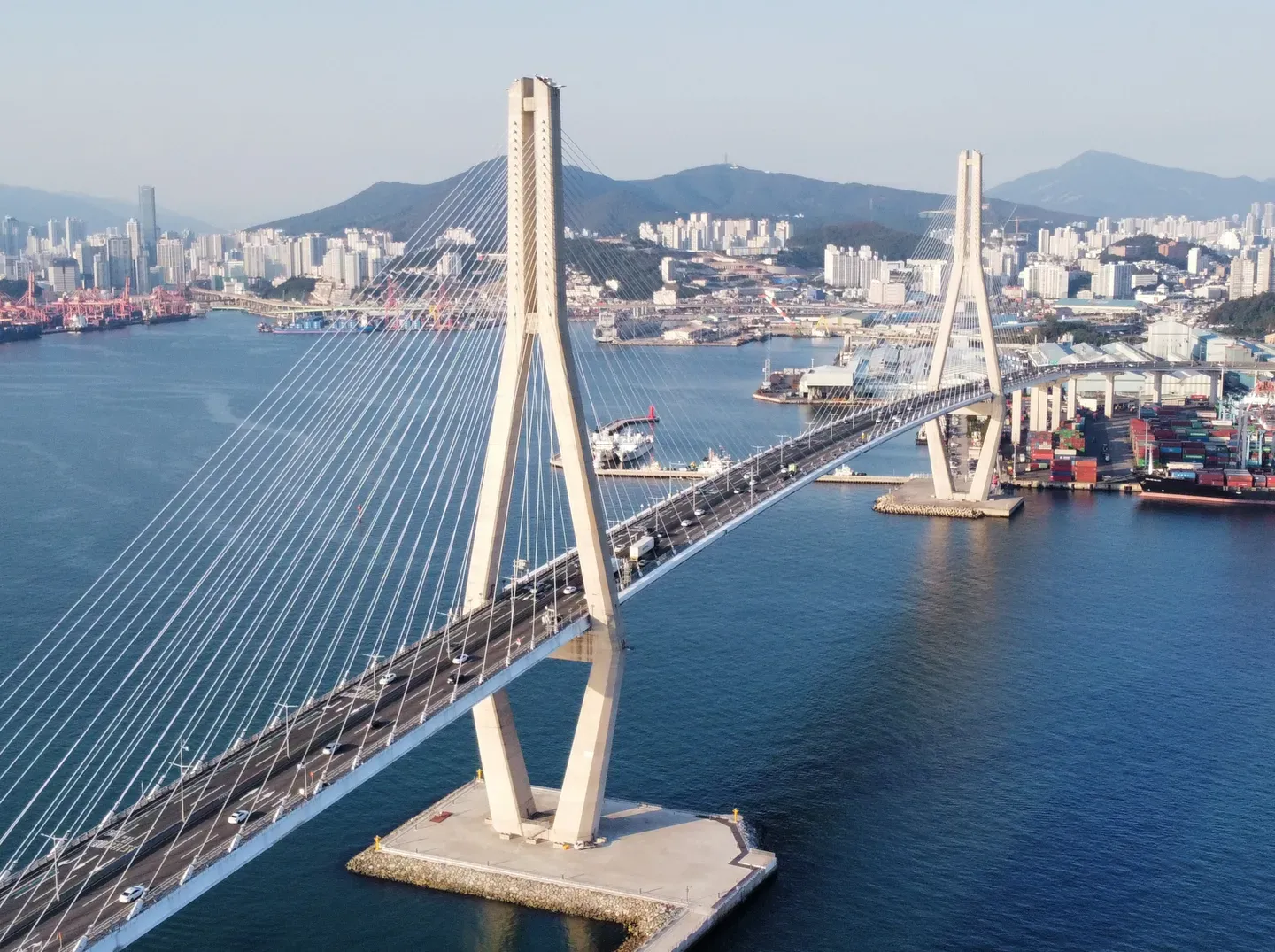
Busan, Korea's second-largest city, is a vibrant coastal gem known for its stunning beaches, bustling ports, and dynamic urban life. Often overshadowed by Seoul, Busan offers a unique blend of traditional and modern attractions, making it a must-visit destination. The city's diverse neighborhoods, such as Haeundae and Gwangalli, provide a perfect backdrop for both relaxation and adventure.
Busan History: From Ancient Times to Modern Marvel
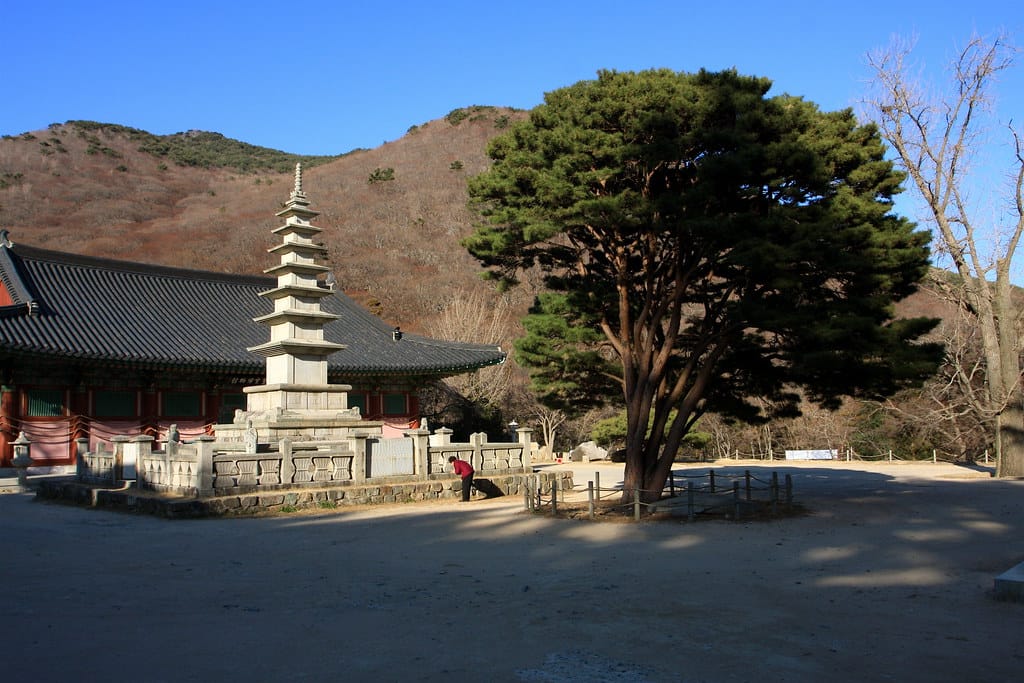
Busan's history dates back to the Neolithic era, with evidence of ancient settlements found in the area. Throughout its history, Busan has been a crucial port city, playing significant roles during the Korean War and in modern economic development. Historical sites like Beomeosa Temple and the UN Memorial Cemetery offer glimpses into Busan's rich past, making it a city where history and progress coexist seamlessly.
Busan Culture: A Melting Pot of Traditions
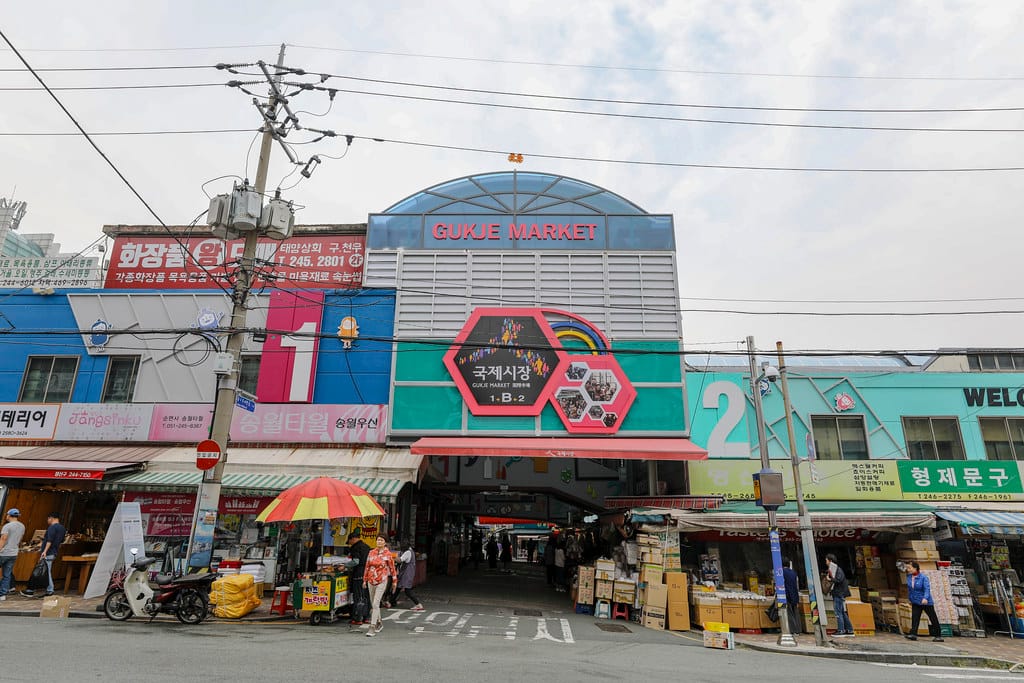
Busan's culture is a vibrant mix of traditional Korean customs and contemporary influences. The city is home to numerous cultural institutions, including the Busan Museum and the Busan Cultural Center. Traditional markets like Jagalchi and Gukje offer a taste of local life, while modern art galleries and theaters showcase the city's evolving cultural landscape.
Busan Festival: Celebrating Life and Heritage
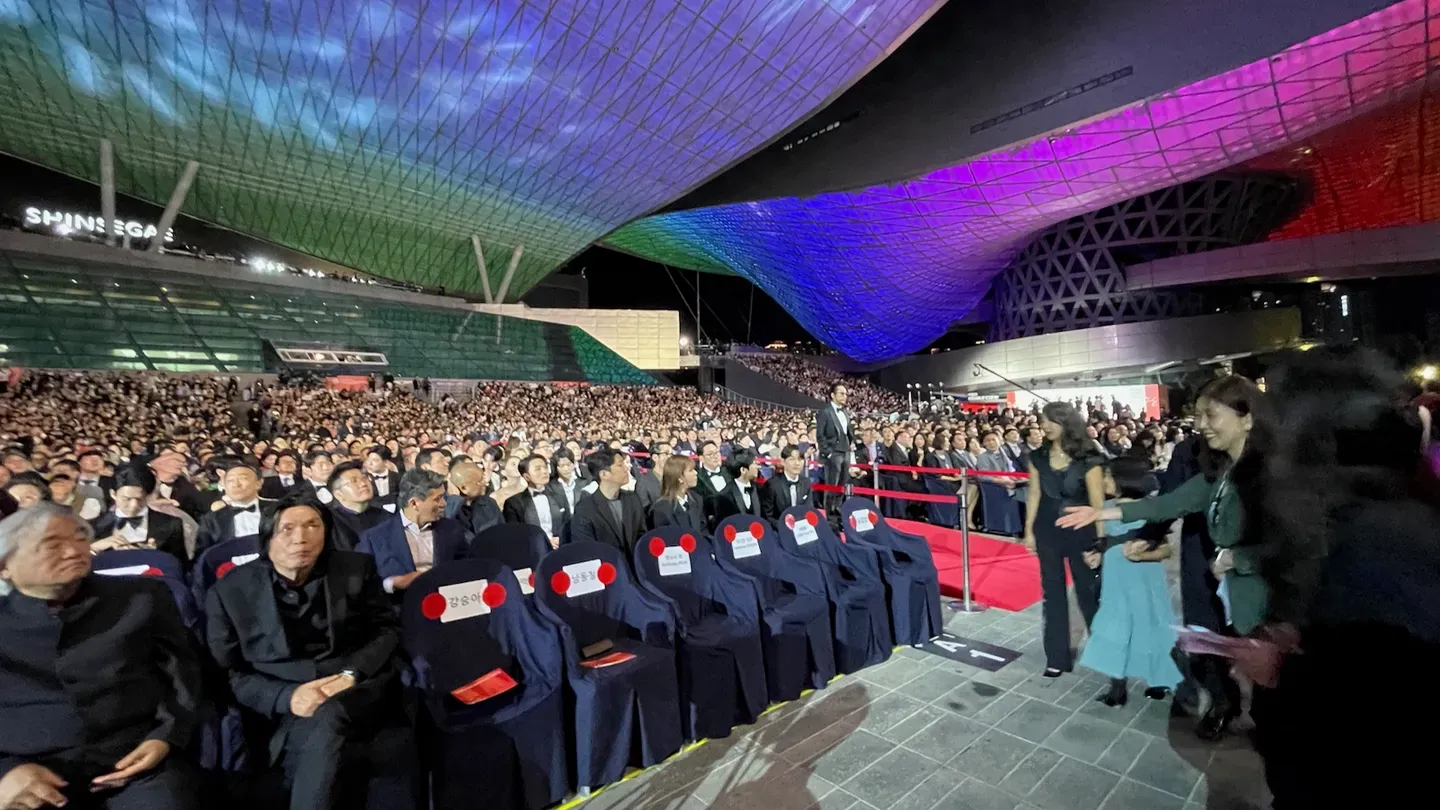
Busan hosts a variety of festivals throughout the year, celebrating everything from film to seafood. The Busan International Film Festival (BIFF) is one of Asia's most prestigious film events, attracting global attention. Other notable festivals include the Busan Sea Festival and the Jagalchi Fish Festival, each offering unique experiences that highlight the city's vibrant community spirit.
Busan Language: Bridging Cultures with Words
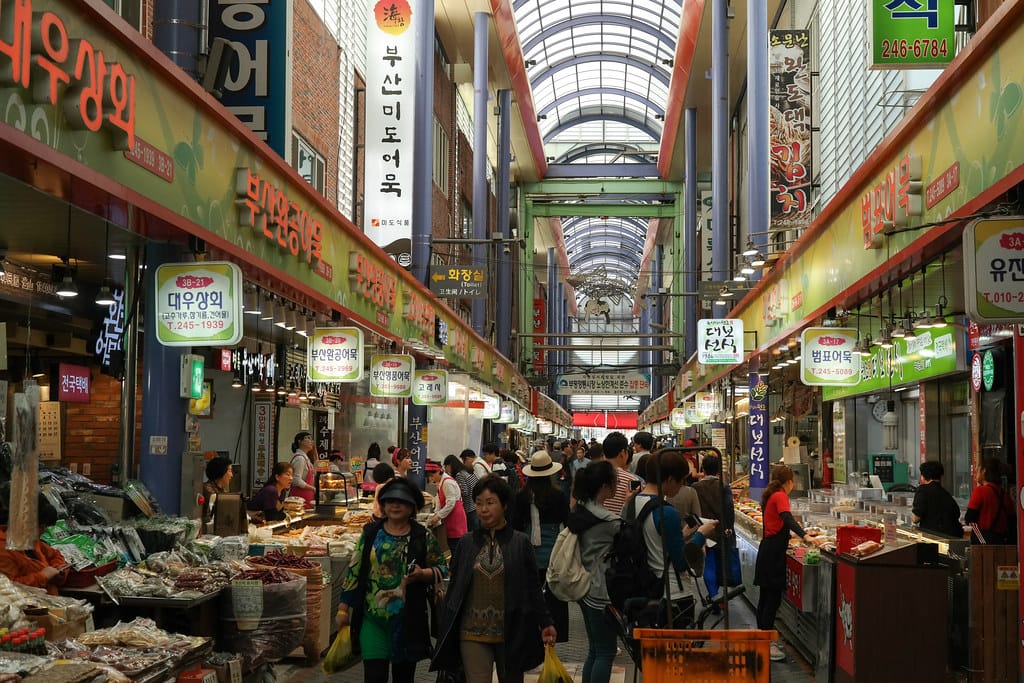
The primary language spoken in Busan is Korean, but the city has its own dialect known as 'Gyeongsang.' This dialect is characterized by its distinct intonation and vocabulary, setting it apart from the standard Seoul dialect. While many younger residents speak English, learning a few basic Korean phrases can enhance your experience and help you connect with locals on a deeper level.
